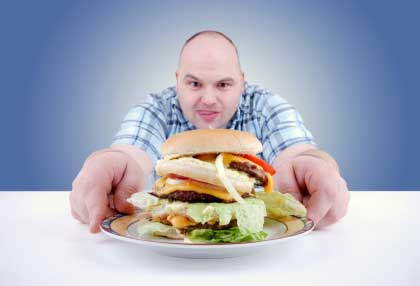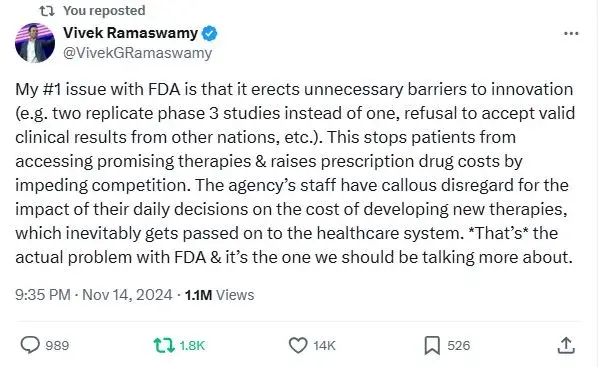 A healthy head of hair is often thought of as the product of a healthy body. Although hair loss conditions such as Alopecia can cause hair to fall out regardless of diet or wellbeing, conditions such as stress and malnutrition are frequently thought of causes, or at least exacerbations of hair loss. The question remains – is it possible to be more specific, and cite specific foodstuffs that are particularly bad for your hair? The answer, to an extent, is yes. Whilst every hair loss case is different, there are some substances that it is advisable for people to avoid if they want to give themselves the best chance of maintaining a full, thick growth of hair.
A healthy head of hair is often thought of as the product of a healthy body. Although hair loss conditions such as Alopecia can cause hair to fall out regardless of diet or wellbeing, conditions such as stress and malnutrition are frequently thought of causes, or at least exacerbations of hair loss. The question remains – is it possible to be more specific, and cite specific foodstuffs that are particularly bad for your hair? The answer, to an extent, is yes. Whilst every hair loss case is different, there are some substances that it is advisable for people to avoid if they want to give themselves the best chance of maintaining a full, thick growth of hair.
Sugar
Excessive amounts of sugar, or nutrients that are broken down into sugars during the digestive process, are thought to be bad for the hair. A high intake of sugar can cause glycation, where proteins are broken down. This leads to an ageing effect at a cellular level, causing the protein structures within follicles to disintegrate, thus causing hair loss.
Salt
Sodium chloride, or common sea salt, is a vital nutrient, necessary for the transmission of information between nerve cells, among other things. However, high concentrations of salt in the bloodstream can cause high blood pressure, known to medical professionals as hypertension. Because vigorous hair growth requires a healthy supply of blood to the scalp, hypertension can negatively affect the growth of hair.
Excessive amounts of protein
Protein, like salt, is a vital family of nutrients, needed by the body to build a huge number of structures, including hair shafts. However, when eaten in extreme quantities, proteins can leach the body of other vital nutrients – such as calcium and water. There may also be a link between high-protein diets, particularly animal protein, and the formation of plaque in the blood vessels, which can cut off blood flow to parts of the body, such as the scalp.
Fatty foods
According to historical evidence, before the arrival of European high-fat diets in Japan after World War II, Japanese men rarely lost their hair, as they got older. However, nowadays they are just as likely to experience baldness as men in the rest of the world, and too much fat may be to blame. That said, fatty acids are also vitally important for giving the hair a sheen, as this is produced by a thin coating of an oil, made from dietary fat, called sebum. Without enough sebum, the hair can become dull and frail, so although too much fat might be bad, too little is equally unhealthy!
Balance is key
As you can see, certain foodstuffs can, when eaten to excess, increase your chances of going bald, but as you’ll also have noticed, many of these substances – such as protein and fat – are also vital for the health of your hair, and your body as a whole. As such, the key lesson to take from this is that a balanced, healthy diet, including a wide range of nutrients in the right quantities, is what the body needs to produce the best possible head of hair. For those who may be lacking in certain nutrients, Hair Vitalics might be the ideal supplement to assist in general health and healthy growth of your hair. Although it is important to keep a balanced diet and ensure you are getting all of the essential nutrients, there are other medically proven options that will help to prevent hair loss and regrow hair regardless of general health and wellbeing.
If you are experiencing symptoms of hair loss and want further support and advice about treatment options, message The Belgravia Centre or call 0800 077 6666 for a free consultation. You can also complete our online diagnostic form for a home use treatment programme we can send to you in the post. The hundreds of success stories we have speak for themselves.
Interesting articles
Foods for Healthy Hair Over the Festive Season
Hair Loss Lands Newly-Wed Man in Court
Can Improving My Diet Prevent Hair Loss?
?
